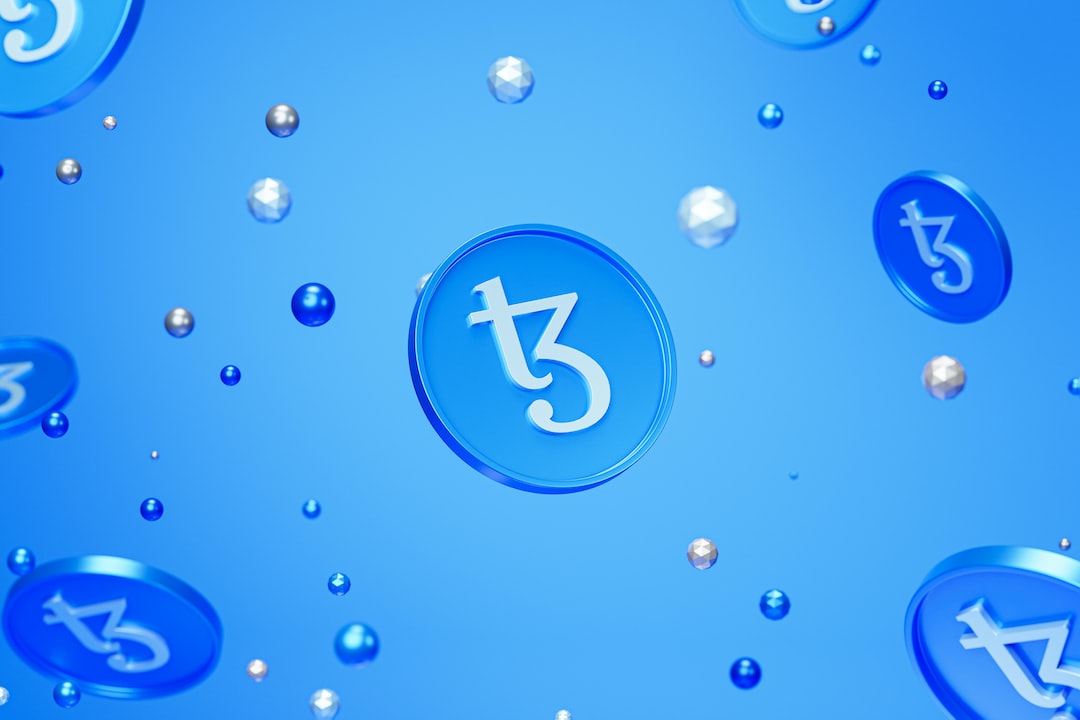Peer-to-peer (P2P) cryptocurrency trading and its advantages
P2P trading allows direct exchange of cryptocurrencies between two users without intermediaries.
- P2P exchanges provide global accessibility, a variety of payment options, and no transaction fees.
- P2P platforms have become crucial in jurisdictions hostile to formal cryptocurrency exchanges.
- Indian crypto traders turned to P2P platforms after a banking ban on cryptocurrency businesses.
- The Indian government imposed a 30% tax on crypto profits in 2022, deterring investors.
Rise of P2P scams in India
Scammers use tactics like fake crypto-centered Telegram channels and stolen banking data to scam P2P users.
- Scammers create a P2P account using stolen data and initiate a buy order to find unsuspecting sellers.
- They use the victim’s account to send money to the seller, vanishing with the cryptocurrency.
- The victim’s account gets frozen, affecting unsuspecting sellers, who may face legal consequences.
Challenges and consequences for P2P users in India
Lack of clear guidelines and understanding of crypto technology lead to police freezing accounts.
- Scammers use international platforms to evade investigation, complicating the process for Indian authorities.
- Victims often face harassment from police, who claim crypto transactions are illegal in India.
- Crypto experts advise against P2P trading due to the high risk of scams and legal consequences.
Closing thoughts: P2P trading’s weak spot in the Indian crypto ecosystem
P2P trading, once a crypto revolution, has become a vulnerable area in India, with scams and regulatory challenges deterring investors.





 By
By
 By
By
 By
By
 By
By
 By
By
 By
By